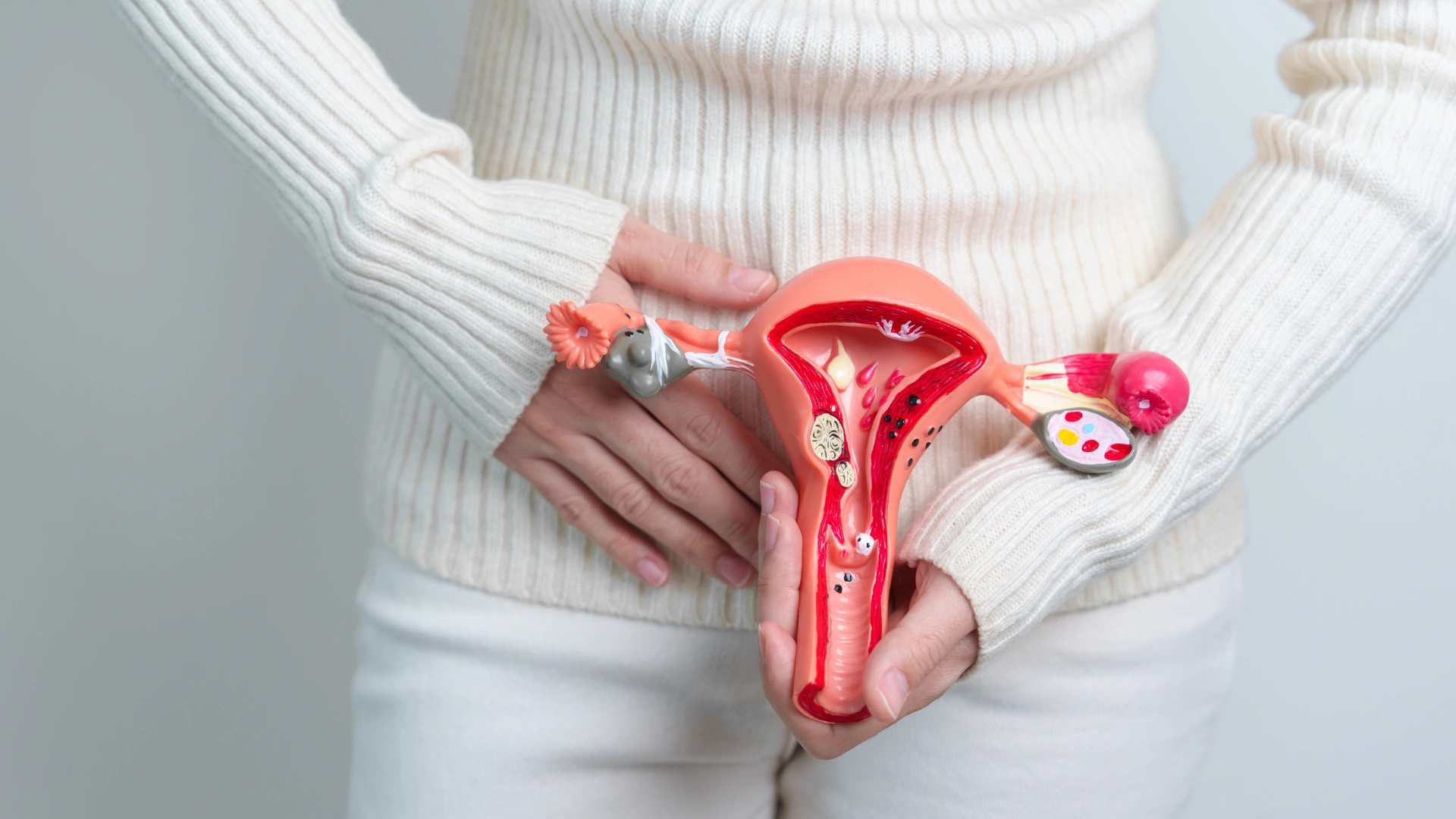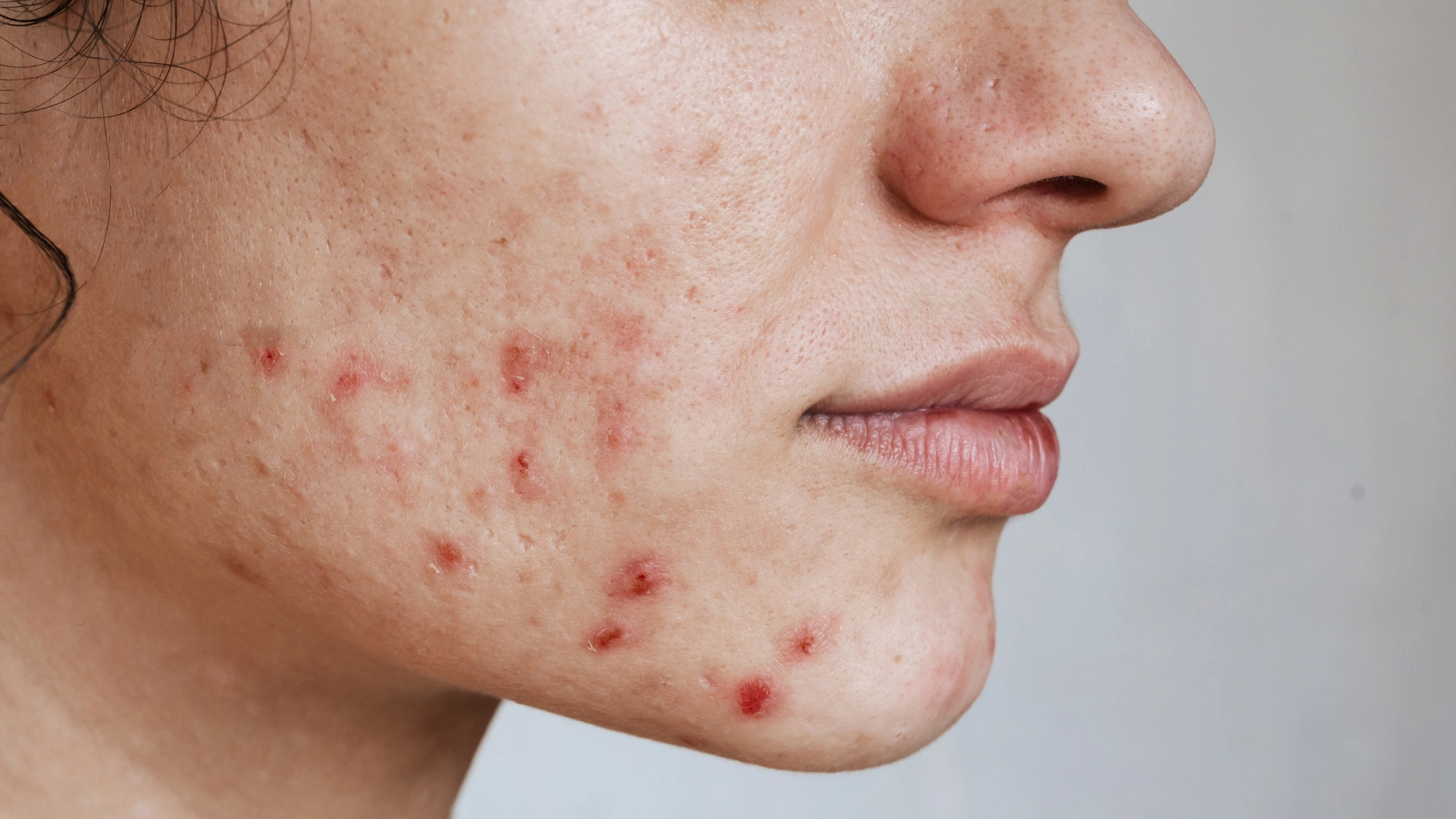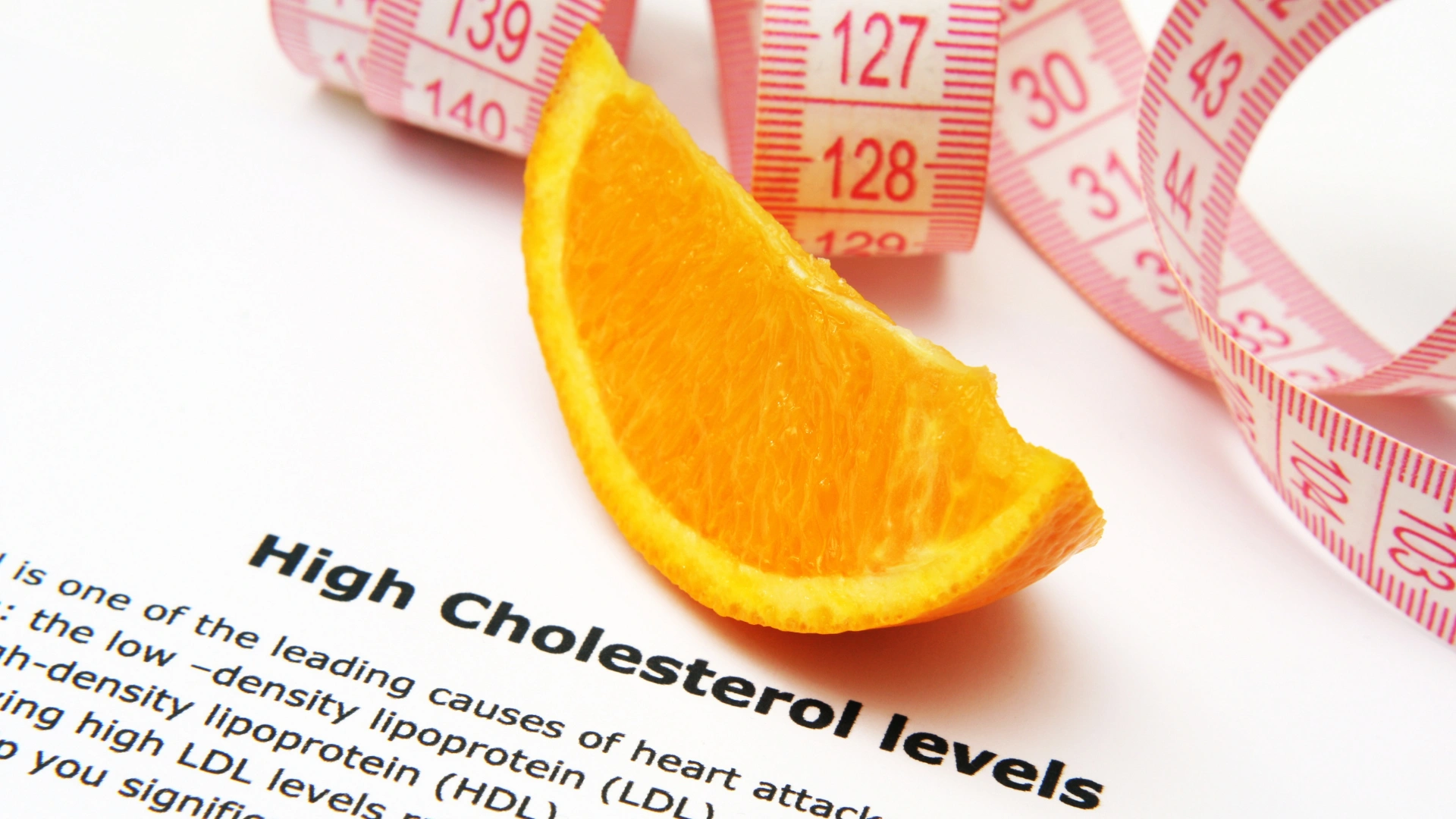
Hormones are chemical messengers in your body crucial in regulating various physiological processes, including metabolism, mood, and reproductive health. When your hormones are out of balance, it can lead to a variety of health issues, such as weight gain, fatigue, mood swings, and other symptoms. In this article, you will learn 15 natural ways to balance your hormones. These methods include dietary changes, lifestyle adjustments, and other natural practices supporting hormonal health and promoting well-being.
Eat Protein-Rich Foods
Consuming enough protein is essential for hormone production and regulation. Protein provides the amino acids needed to produce peptide hormones, such as insulin and growth hormones. Eating protein-rich foods like lean meats, fish, eggs, legumes, and dairy products can help stabilize your blood sugar levels and reduce the production of stress hormones, such as cortisol.
Engage in Regular Exercise
Regular physical activity is a powerful way to influence hormone health. Exercise can help reduce insulin levels and increase insulin sensitivity, which is crucial for preventing insulin resistance, a condition linked to hormonal imbalances. Additionally, exercise boosts the production of endorphins, which can help improve mood and reduce stress levels. On most days of the week, aim for at least 30 minutes of moderate exercise, such as walking, swimming, or cycling.
Maintain a Healthy Weight
Maintaining a healthy weight is important for hormonal balance. Excess body fat, particularly around the abdomen, is associated with an increased risk of insulin resistance and higher levels of the stress hormone cortisol. On the other hand, being underweight can lead to lower levels of reproductive hormones. Focus on achieving and maintaining a healthy weight through a balanced diet and regular exercise.
Reduce Sugar Intake
High sugar intake can lead to insulin resistance, which disrupts the balance of various hormones in the body. Consuming large amounts of sugar and refined carbohydrates can cause spikes in blood sugar and insulin levels, leading to hormonal imbalances. To balance your hormones, limit your intake of sugary foods and drinks and opt for whole, unprocessed foods instead.
Manage Stress Levels

Chronic stress can wreak havoc on hormonal balance. When you’re stressed, your body produces more cortisol, which can interfere with the production of other hormones, such as thyroid and sex hormones. Finding effective ways to manage stress, such as practicing yoga, deep breathing exercises, or engaging in hobbies you enjoy, can help lower cortisol levels and promote hormonal balance.
Get Consistent, Quality Sleep
Sleep is crucial for maintaining hormonal balance. Poor sleep or lack of sleep can disrupt the production of many hormones, including cortisol, insulin, and growth hormones. Aim for 7-9 hours of quality sleep each night by establishing a regular sleep schedule, creating a relaxing bedtime routine, and ensuring your sleep environment is comfortable and free of distractions.
Consume Healthy Fats
Healthy fats are vital for hormone production and balance. Including sources of omega-3 fatty acids, such as fatty fish, flaxseeds, and walnuts, in your diet can help reduce inflammation and support hormone production. Additionally, consuming monounsaturated and polyunsaturated fats from olive oil, avocados, and nuts can help maintain healthy hormone levels.
Avoid Excessive Caffeine
While moderate caffeine consumption can have some health benefits, excessive intake can disrupt hormone balance. High caffeine levels can increase cortisol production and interfere with sleep, both of which can negatively impact hormone levels. Limit your caffeine intake to one or two cups of coffee daily, and avoid consuming caffeine late in the day.
Stay Hydrated
Staying hydrated is essential for overall health and hormone balance. Dehydration can lead to increased cortisol levels and negatively affect hormone production. Aim to drink at least 8 glasses of water daily, and more if you are active or live in a hot climate. Including water-rich foods, such as fruits and vegetables, can also help you stay hydrated.
Limit Processed Foods
Processed foods often contain unhealthy fats, sugars, and additives that can disrupt hormone balance. These foods can cause inflammation and insulin resistance, leading to hormonal imbalances. To support hormonal health, focus on eating whole, minimally processed foods such as fruits, vegetables, lean proteins, whole grains, and healthy fats.
Practice Mindfulness or Meditation
Mindfulness and meditation can help reduce stress and lower cortisol levels, promoting hormonal balance. These practices involve focusing on the present moment and calming the mind, which can help manage stress and improve overall well-being. Set aside a few minutes daily to practice mindfulness or meditation to support your hormonal health.
Include Fiber in Your Diet

Dietary fiber is crucial in hormone regulation, particularly in the gut. Fiber helps maintain healthy blood sugar levels by slowing the absorption of sugar into the bloodstream, which can prevent insulin spikes. Additionally, fiber supports gut health, which is important for producing and regulating hormones. Include high-fiber foods like vegetables, fruits, legumes, and whole grains.
Limit Alcohol Consumption
Excessive alcohol consumption can negatively impact hormone levels, particularly those related to reproductive health. Alcohol can increase the production of cortisol and affect liver function, which is crucial for hormone metabolism. To support hormonal balance, limit your alcohol intake to moderate levels—up to one drink per day for women and up to two drinks per day for men.
Take Supplements as Needed
Certain supplements can help support hormone balance, especially if you have specific deficiencies. For example, omega-3 supplements can reduce inflammation and support hormone production, while vitamin D supplements can help regulate reproductive hormones.
Follow a Regular Eating Schedule
Eating at regular intervals can help maintain stable blood sugar levels and prevent hormonal imbalances. Irregular eating patterns, such as skipping meals or overeating, can cause fluctuations in insulin and cortisol levels. Aim to eat balanced meals and snacks every 3-4 hours to keep your energy levels stable and support hormone health.
Can You Fix a Hormone Imbalance Naturally?
Yes, you can fix a hormone imbalance naturally by adopting various lifestyle and dietary changes. Eating a balanced diet rich in protein, healthy fats, and fiber helps support hormone production and regulation. Regular exercise can improve insulin sensitivity and reduce stress hormones. Managing stress through mindfulness, meditation, or other relaxation techniques helps lower cortisol levels. Ensuring adequate sleep is crucial for maintaining hormone balance, as poor sleep can disrupt hormone production. Staying hydrated and avoiding excessive caffeine and alcohol can also support hormonal health. Additionally, supplements such as omega-3 fatty acids and vitamin D can help address specific deficiencies and promote hormone balance.
What Can I Drink to Balance My Hormones?
Green tea is rich in antioxidants and can improve insulin sensitivity while reducing cortisol levels. Herbal teas like chamomile, peppermint, and rooibos can help manage stress and support relaxation, lowering cortisol levels. Warm lemon water in the morning can aid in detoxification and support liver health, which is crucial for hormone metabolism. Additionally, drinking enough water throughout the day is essential for maintaining overall hydration and hormone balance. Avoiding sugary drinks and excessive caffeine is also important for supporting hormonal health.
Which Vitamin Is Best for Hormonal Imbalance?

Vitamin D is one of the most important vitamins for addressing hormonal imbalances. It plays a crucial role in regulating calcium and phosphate levels in the body, which are important for bone health, but it also affects the function of the endocrine system. Adequate vitamin D levels can help balance reproductive hormones and improve insulin sensitivity. Another vital vitamin is B6, which supports the production of neurotransmitters and helps regulate mood-related hormones. Additionally, vitamin E acts as an antioxidant and supports hormone balance by protecting cells from oxidative stress. Maintaining a well-rounded diet or considering supplements is important to ensure you get enough of these essential vitamins.
How Do I Know If My Hormones Are Imbalanced?
You might have a hormonal imbalance if you experience symptoms such as unexplained weight gain or loss, fatigue, mood swings, irregular periods, acne, hair loss, or sleep disturbances. Other signs can include changes in appetite, digestive issues, and decreased libido. A doctor can diagnose a hormonal imbalance through blood tests, which measure levels of specific hormones such as thyroid hormones, estrogen, testosterone, and cortisol. Identifying and addressing these symptoms early can help manage and correct the imbalance more effectively.
How Many Months Does It Take to Balance Hormones?
The time it takes to balance hormones varies depending on the individual and the specific imbalance. For some, making dietary and lifestyle changes can result in noticeable improvements within a few weeks. However, achieving significant and lasting hormonal balance typically takes about three to six months. Consistency is key, so it’s important to maintain healthy habits and monitor progress regularly. In cases where hormonal imbalances are severe or related to underlying medical conditions, it may take longer and require medical intervention.
Can Folic Acid Correct Hormonal Imbalance?

Folic acid can help support hormonal balance, particularly in reproductive health. It plays a crucial role in synthesizing DNA and RNA, which is important for cell division and the production of hormones. Folic acid is especially beneficial for women experiencing menstrual irregularities or trying to conceive, as it supports the production and regulation of estrogen and progesterone. However, while folic acid can contribute to overall hormonal health, it is usually insufficient to correct a significant hormonal imbalance. A holistic medicine for hormonal imbalances approach, including diet, lifestyle changes, and possibly other supplements, is often necessary.
Does Omega-3 Balance Hormones?
Yes, omega-3 fatty acids can help balance hormones. They play a key role in reducing inflammation, which is important for hormone health. Omega-3s improve insulin sensitivity, helping to regulate blood sugar levels and prevent insulin resistance. They also support the production of hormones involved in mood regulation, such as serotonin. Including omega-3-rich foods like fatty fish, flaxseeds, and walnuts or taking an omega-3 supplement can support hormonal balance. Research has shown that omega-3s can help alleviate symptoms of hormonal imbalances, such as menstrual pain and mood swings.
Does Vitamin D Balance Hormones?
Vitamin D is essential for balancing hormones, particularly those related to reproductive and thyroid health. It helps regulate calcium and phosphate in the body, which are crucial for bone health and cellular functions. Adequate levels of vitamin D support the production of estrogen and progesterone, helping to maintain regular menstrual cycles and reproductive health. It also plays a role in regulating the parathyroid hormone, which affects calcium levels and bone metabolism. Studies have indicated that sufficient vitamin D levels can improve insulin sensitivity and reduce the risk of hormone-related disorders. Therefore, ensuring adequate vitamin D through sunlight exposure, diet, or supplements can significantly affect hormonal balance.
Can Lemon Water Balance Hormones?
Lemon water can support hormonal balance by promoting hydration and providing a source of vitamin C, which is essential for adrenal gland function. Proper hydration helps maintain the optimal functioning of all body systems, including hormone production and regulation. Vitamin C also helps reduce stress hormone levels and supports the immune system. While lemon water alone won’t correct hormonal imbalances, it can be a beneficial part of the holistic ways to balance hormones and maintain hormone health.
Can Ginger Cure Hormonal Imbalance?
Ginger cannot cure hormonal imbalance but can help manage some symptoms. Ginger has anti-inflammatory and antioxidant properties that can support overall health and potentially influence hormone levels. It may help reduce menstrual pain and improve digestion, sometimes affected by hormonal imbalances. Including ginger in your diet as part of a balanced approach to hormone health can provide some benefits, but it should not be relied upon as a sole treatment.
How Does Stress Affect Hormone Levels?
Stress significantly impacts hormone levels by increasing the production of cortisol, the primary stress hormone. Chronic stress can lead to elevated cortisol levels, which disrupt the balance of other hormones, such as thyroid hormones, insulin, and reproductive hormones. High cortisol can suppress the immune system, increase blood sugar levels, and interfere with reproductive functions, leading to irregular menstrual cycles and other issues. Managing stress through relaxation techniques, exercise, and sufficient sleep is crucial for maintaining hormonal balance.
Can Hydration Influence Hormone Levels?

Yes, hydration plays a vital role in hormone levels. Proper hydration ensures the body’s cells function optimally, including those involved in hormone production and regulation. Dehydration can increase cortisol levels, leading to stress and hormonal imbalances. Drinking enough water supports the transport of hormones throughout the body and aids in eliminating toxins, which can affect hormone balance.
What Are the Signs of Hormonal Imbalance?
Signs of hormonal imbalance include unexplained weight gain or loss, fatigue, mood swings, irregular menstrual cycles, acne, hair loss, and sleep disturbances. Other symptoms can be changes in appetite, digestive issues, decreased libido, and persistent feelings of anxiety or depression. These symptoms vary depending on which hormones are imbalanced and can affect multiple body systems. Identifying and addressing these signs early is important for managing hormonal health effectively.
How Often Should I Assess My Hormone Levels?
The frequency of hormone level assessments depends on individual health needs and symptoms. If you experience persistent symptoms of hormonal imbalance, it’s advisable to consult with a doctor for initial testing. Based on the results and your specific situation, your provider might recommend regular monitoring every few months to a year. For those with stable hormone levels, annual check-ups may be sufficient. Regular assessments help track changes and ensure any imbalances are managed promptly.
The Bottom Line
Balancing hormones naturally involves a comprehensive approach, including dietary changes, regular exercise, stress management, and proper hydration. While certain foods and practices like lemon water or ginger can support hormonal health, they should be part of a broader strategy. Recognizing symptoms of hormonal imbalance and regularly assessing hormone levels with a doctor can help maintain optimal health. You can support your body’s natural hormone regulation processes by making consistent, healthy lifestyle choices.









